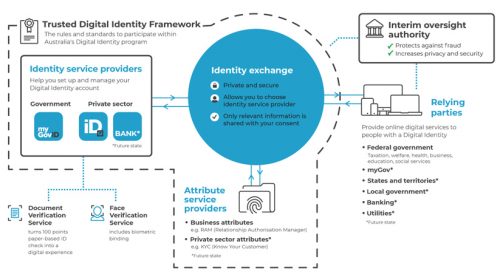
Candidate Answer #10 Executive Order
Candidate Answer #9 Ethics
Candidate Answer #8 Transparency
Government should not have to pay the expense of the indexing and tallying but should make all three available. I favor all three.
Candidate Answer #7 Nullification
After the Obergefell decision, it’s difficult to agree that the judiciary is the “least dangerous” of the federal branches. It appears that the judiciary has – wrongfully – appointed itself the Super-Legislators. While a Texas District Judge should follow the law – the Constitutions, the statutes, and clear judicial precedent – the concept of nullification exists to permit juries to choose not to follow the law if the law is unjust.
There is a separate “doctrine of lesser magistrates” which holds that, in extreme instances, a judge has a duty – in conformance with the second section of the Magdeburg Confession of 1550 – to resist laws that dishonor good works and honor evil. For example, if the law requires a judge to send all Christians and Jews to the gas chamber for extermination, the law clearly does not and was not intended to give honor to good works and terror to evil works. In those extreme instances, the judge should resist such laws.
Candidate Answer #6 Reinventing Debtors Prison
Question # 5 Refugee Resettlement
Candidate Answer #5 Refugee Resettlement
Question #1 Civil Asset Forfeiture.
View Civil Asset Forfeiture in 60 Seconds
Texas Supreme Court Justice Don Willett said “A generation ago in America, asset forfeiture was limited to wresting ill-gotten gains from violent criminals. Today, it has a distinctive ‘Alice in Wonderland’ flavor, victimizing innocent citizens who’ve done nothing wrong.”
Please reply with your view of the proper application of Civil Asset Forfeiture laws in general in Texas
and explain how your view will affect your policy as an elected official.
Response:
I agree with the 2014 Texas Republican Party Platform on this issue. More specifically, (1) asset forfeitures should only occur if the State has proven that the assets are criminal contraband “beyond a reasonable doubt,” (2) the law enforcement agencies or their parent agencies should never enjoy the fruits of asset forfeitures, because that creates an improper incentive for enforcement actions. I agree with Justice Willett’s dissent in the El-Ali case.
My views will not likely affect my “policy” as an elected official. I believe that trial court judges should follow the law, strictly construe the law, and only examine original intent if there is an ambiguity in the wording of a statute.
Question #2 The Nature of Law
During Texas 84th legislative session State Representative Mark Keough introduced HB 3184 a bill seeking to import the civil law process of mediation into criminal law. The law applied to some first time misdemeanor and felony offenders. The bill passed though the legislative process but failed to become law on veto by Governor Greg Abbott who stated “Making amends with the victim of a crime does not absolve the criminal of his legal debt to the State.”
Do you agree with the Governor? What is the purpose of law from your point of view as a Legislative/Judicial/ Law Enforcement official? Who is it intended to protect?
What should be the role or effect of private judging companies (such as Judicial Arbitration and Mediation Service) in the judicial or incarceration system?
(answer should be based on elected office sought.)
Response:
Yes, I agree with Governor Abbott on this issue.
The purpose of criminal law is to punish offenders so that crimes will be less likely to occur in the future and to provide retribution for society.
Private judging companies should not be involved in the incarceration system. In civil and family cases, however, I would encourage mediations and other forms of alternative dispute resolution, because that is the policy of the State of Texas, as the Legislature determined.
Question #3 Filming the Police
With the advent of smartphones and amateur journalist blogging the filming of public interaction of law enforcement with the public has grown exponentially. The existence of these digital records can have a significant effect, either positive or negative on investigations and conduct of law enforcement as they go about their duties.
One recently proposed bill sought to create a misdemeanor for filming within 25 ft.
Police agencies are responding by drafting new policies that address the legal issues for the public and the members of law enforcement. Recently, the Montgomery County Sheriff’s Dept. and Pct 5 Constables Office attended a NPPA Conference in advance of developing a policy for Montgomery County.
As a Lawmaker, Law enforcer or Law Judge,
What elements must a good policy include and what role should the public play in its development and implementation?
Response:
Citizens should have the right to record those events as long as the act of recording does not interfere with a criminal investigation or arrest.
Question #4 Overcriminalization
Q4: What do you think about the relationship between overcriminalization and the growing prison population in Montgomery County (Sheriff) or Texas (Judges) or The United States (Congressmen)? What response should society have to overcriminalization and prison overcrowding?
Response:
There is little, if any, relationship between prison overcrowding and “overcriminalization.”
Society should support our law enforcement officials in performing their functions, because, ultimately, our prisons would be less crowded, if we consistently and expeditiously applied laws to convicted offenders.
There’s a lot of other things, as a society, that we need to do to address this problem. Government is not always the answer.






